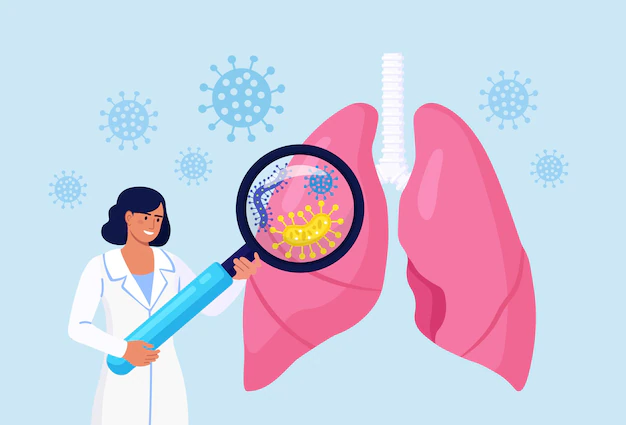- a persistent cough that lasts more than 3 weeks and usually brings up phlegm, which may be bloody.
- weight loss.
- night sweats.
- high temperature.
- tiredness and fatigue.
- loss of appetite.
- swellings in the neck.
What causes TB?
TB is a bacterial infection. TB that affects the lungs (pulmonary TB) is the most contagious type, but it usually only spreads after prolonged exposure to someone with the illness.
In most healthy people, the body’s natural defence against infection and illness (the immune system) kills the bacteria and there are no symptoms.
Sometimes the immune system cannot kill the bacteria, but manages to prevent it spreading in the body.
You will not have any symptoms, but the bacteria will remain in your body. This is known as latent TB. People with latent TB are not infectious to others.
If the immune system fails to kill or contain the infection, it can spread within the lungs or other parts of the body and symptoms will develop within a few weeks or months. This is known as active TB.
Treating TB
With treatment, TB can almost always be cured. A course of antibiotics will usually need to be taken for 6 months.
Several different antibiotics are used because some forms of TB are resistant to certain antibiotics.
If you’re infected with a drug-resistant form of TB, treatment with 6 or more different medications may be needed.
If you’re diagnosed with pulmonary TB, you’ll be contagious for about 2 to 3 weeks into your course of treatment.
You will not usually need to be isolated during this time, but it’s important to take some basic precautions to stop the infection spreading to your family and friends.
You should:
- stay away from work, school or college until your TB treatment team advises you it’s safe to return
- always cover your mouth when coughing, sneezing or laughing
- carefully dispose of any used tissues in a sealed plastic bag
- open windows, when possible, to ensure a good supply of fresh air in the areas where you spend time.
- avoid sleeping in the same room as other people. FOR MORE INFORMATION GO TO THE NEAREST CLINIC OR HOSPITAL IN YOUR AREA.

